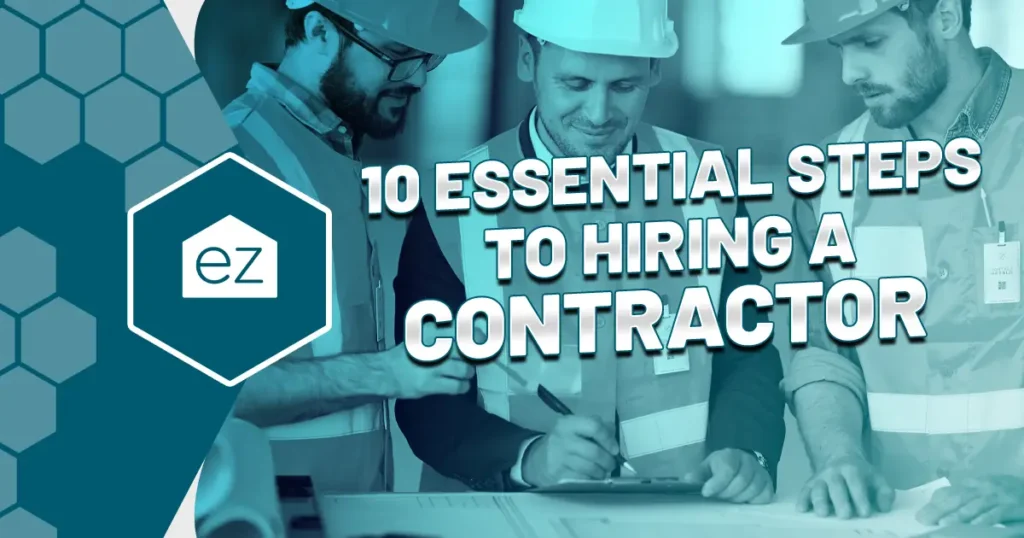A Guide to Sellers Concessions
A Guide to Seller Concessions
The final stages of buying a home can be financially daunting. Closing fees range from 2% to 5% of your home’s price. On a 2023 median-priced home of $387,600, that’s between $7,752 and $19,380–on top of what you’re already laying out for a down payment and moving. However, there’s a silver lining: the seller can help alleviate some of these costs. This is where seller concessions come into play. Let’s delve into seller concessions, how they work, and the benefits they can bring you in a real estate transaction.
How Seller Concessions Work
Seller concessions typically fall into two distinct categories: those that cover the buyer’s due diligence and those that involve a financial modification.
One of the key aspects of seller concessions is that they put potential buyers in control. For instance, covering the buyer’s due diligence means the buyer can back out of the contract based on the appraisal and home inspection findings. It also covers if the buyer cannot secure financing or the contingencies are not met on time. This gives them the power to make informed decisions and protect their interests.
The second category of seller concessions offers a wide range of financial flexibility. In this case, the buyer may negotiate for the seller to cover some home repairs or reduce the price. This flexibility can empower buyers and sellers in the negotiation process, allowing both to tailor the concessions to their specific needs for the optimal outcome.
Types of Seller Concessions
Home Warranty
Sellers may offer to purchase a home warranty for the buyer. This warranty covers certain repairs or replacements of major home systems and appliances for up to one year after the buyer moves in. It can provide some peace of mind if the buyer is concerned about the condition of the HVAC, water heater, or furnace. They don’t want to outlay thousands in repairs in 12 months after buying the home.
Repairs
After the home inspection, the buyer may ask the seller to repair the property. This can include fixing structural issues, plumbing problems, or electrical issues. Alternatively, the seller and buyer can re-negotiate the purchase price to reflect the buyer taking on the cost of the repairs themselves.
Home Improvements
In some cases, sellers may agree to make certain home improvements or renovations before closing to meet the buyer’s requests or to enhance the property’s value. This could be removing old carpets and replacing with wood floors or finishing a kitchen renovation with the buyer’s chosen design elements. A home improvement concession may change the sales price.
Fees and Taxes
The sellers may agree to pay a portion of the property taxes owed at closing, usually covering their duration of property ownership. Any homes inside an HOA with fees or condo associations with pending special assessments may do the same, especially if the fees are due soon.
Seller Credit
The seller may offer a home credit to the buyer as an incentive to purchase a home that needs repair. For example, if the flooring is in clear need of repair, the seller may credit the buyer so they can make their own flooring choices after buying the home.
Closing Costs
In one scenario, the seller will cover specific closing costs. The second option has the seller covering a certain percentage of your closing costs. Under that guideline, you can apply that money toward whichever costs you’d like.
Note that sellers can never pay 100% of the closing costs. The amount of concessions that a seller can pay will be determined by the type of loan you’re using to buy your home. For example, conventional loans where the buyer contributes less than 10% for a down payment cap seller contributions at 3%.
Specific closing costs can be covered by seller concessions, such as:
- The appraisal fee
- Inspection fees
- Attorney fees
- Property taxes
- Title insurance
- Recording fees
- Loan origination fees
- Discount points (aka mortgage points)
Your real estate agent can help you determine what fees you might ask the sellers to cover.
The Pros and Cons of Seller Concessions
Seller concessions are significant because they cut down on the buyer’s purchase costs. There are already so many costs associated with buying a home that every little bit helps. If a property has been on the market for a while, a seller will probably have less of a problem paying for part of the closing if it means they can finally take their house off the market.
That being said, there are drawbacks to asking a seller to cover some of the closing costs. It could immediately be a turnoff to the seller. In a competitive market, sellers with multiple offers on their home are less likely to take the bid with closing costs as a concession.
If seller concessions are essential to you, limiting your other demands increases your chances of getting the home you want.
In addition, sometimes closing costs will be included in your mortgage if there are seller concessions. Because of this, seller concessions could actually raise your mortgage. However, if you’re willing to pay more in the long run for a bit of a financial break right now, seller concessions still might be the best choice. It will just depend on your individual circumstances.
When you apply for your loan, you’ll see the estimated closing costs. It’s in the loan estimate lenders provide. At that point, you can weigh the pros and cons of seller concessions and decide whether you want to ask the seller for them.
Talk to a Local Lender about Seller Concessions
Updated April 2024
Start Your Home Search
Preston Guyton
Share this Post
Related Articles
Real Estate Tips
How to Communicate Your Value As A Real Estate Agent
Real Estate Tips
10 Essential Steps to Hiring a Contractor
Real Estate Tips
Why Perfection Squashes Your Real Estate Businesses
Real Estate Tips






